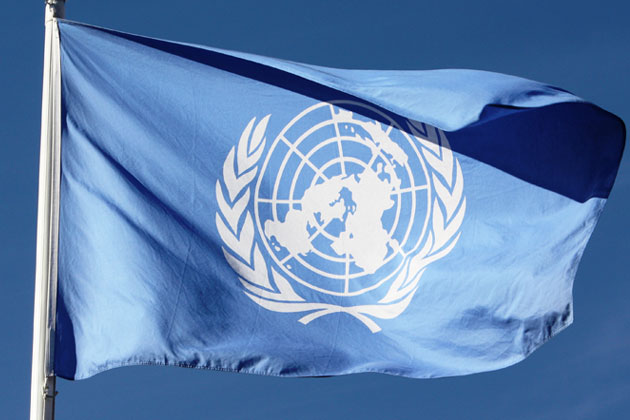
A new U. N. report on freedom of religion is actually a headlong attack on that same freedom in the name of “reproductive and sexual rights”. It makes no mention of the persecution of religious believers, it attacks the conscience rights of pro-life medical workers, it references female genital multilation almost in the same breath as conscientious objection to abortion, and it also decries religious objections to gender ideology which denies the biological basis of gender.
The report gives us a disturbing insight into the way many on the secular side view religious freedom and wish to reduce that freedom to freedom of worship.
Ahmed Shaheed, the United Nation Special Rapporteur on Freedom of Religion and Belief, presented his report to the Human Rights Council in Geneva last week.
Paradoxically, Poland, which after decades of religious persecution by the Communist regime is now a free country with regard to religion, is singled out as a bad example in Europe because some groups campaigned against gender ideology. The report also objects to religious believers defending marriage as the union of a man and a woman.
But if religious believers are forbidden from trying to bring their beliefs to bear on how they carry out they jobs, or from attempting to public policy, except in carefully and ever more circumscribed way, then it is a very limited freedom. Democracy is based specifically on the free confrontation of different opinions, some of which are religiously grounded. The United Nations should promote this freedom, rather than trying to limit it. Indeed, other U. N. documents, not least the Universal Declaration on Human Rights, do this, but other U. N. agencies are now try to curtail religious freedom.
With reference to Asia, the report singles out the Philippines, because “the criminalization of abortion and lack of access to contraception, is often justified by reference to religious postulates.”
Instead, there is absolutely no reference to dictatorships such as China, Vietnam or North Korea, which are the worst countries for religious rights.
It should be noted that both Poland and the Philippines are the most Catholic countries in Europe and Asia respectively.
The report also explicitly attacks conscientious objection, suggesting that it should be limited to “individual medical providers” rather than institutions, although it also has a problem if too many doctors object to abortion and won’t perform them.
It seems to envisage that that a hospital with a pro-life religious ethos should be forced by the State to perform abortions. Other international bodies, the Council of Europe for instance, have defended institutional conscientious objection so it is astonishing that, once again, the U. N. Special Rapporteur on Freedom of Religion and Belief is not promoting but rather limiting freedom of belief.
Archbishop Ivan Jurkovic, the Holy See’s permanent representative observer to the U. N. in Geneva, has strongly criticised the report. “Particularly unacceptable and offensive are the numerous references that recommend that freedom of religion or belief and conscientious objection must be surrendered for the promotion of other so-called ‘human rights,’ which certainly do not enjoy consensus, thus being a sort of ‘ideological colonization’ on the part of some states and international institutions.”
“Ideological colonization” is an expression by Pope Francis to refer to some Western countries who, through international bodies such as the U. N., are imposing their worldview on less developed countries, often by making the adoption of certain policies based on gender ideology a condition of humanitarian or development aid.
Archbishop Jurkovic added that “it is rather unfortunate, yet increasingly less surprising given its frequency, that a U. N. Report, which should defend the fundamental and universal human right of freedom of religion or belief as well as the right to conscientious objection, is now attacking the very reality it is called to defend.”
Nessun commento:
Posta un commento